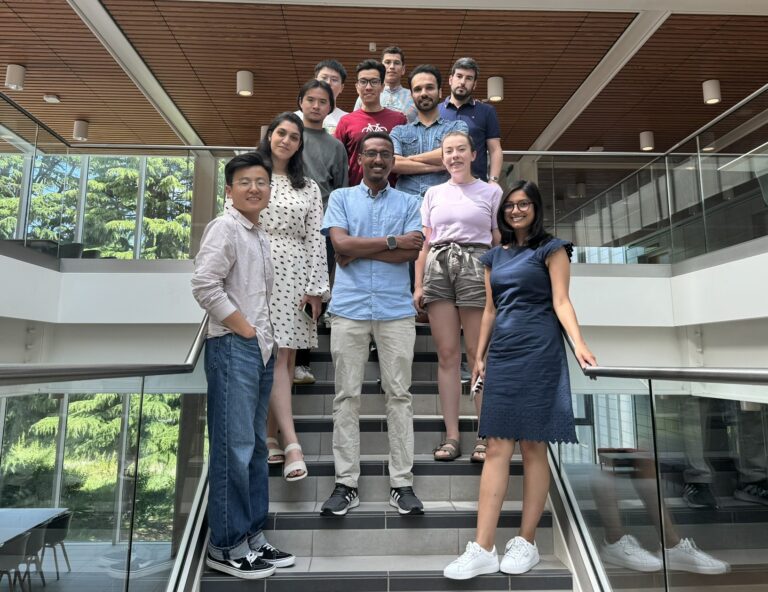The first FRONTIErS Summer School
The week kicked off with lectures on climate change presented by Jean-Paul Juguets, a true expert in the energy sector with experience as an engineer, director, and consultant for companies worldwide. As PhD candidates working on offshore wind turbines, we understand the importance of this topic and were excited to learn more about the role of wind energy in addressing climate change.
We learned about climate change, its roots, and the challenges it has created, such as rising global temperatures causing serious problems for humans and ecosystems. Additionally, we explored present scenarios and future projections to better navigate these challenges and understand the consequences of not making solid decisions. Promoting renewable energy has always been a great option for dealing with climate change. The lectures introduced general features of renewable energy, including hydro, wind, solar, biomass, and geothermal energy.
One topic that personally interested me was the criticality of mineral resources. Today, the world needs more materials and mineral resources than ever before. The transition to renewable energy has created a huge demand for these resources. By evaluating the risks and challenges, we can ensure that developing renewable energy does not sacrifice other vital non-renewable resources. This lecture, spread over two consecutive days, also covered areas in nuclear and hydrogen energy, discussing the economic justifiability and competitiveness of renewable energy.
On day three, we had the pleasure of meeting experts Liv Hamre and Amy Beeston from DNV. Liv provided valuable information about offshore wind turbines, from their history and timeline to advancements, types of foundations, geotechnical challenges, installation, and life cycle. Amy followed with insights into the ground investigation requirements for foundation design, including geotechnical and geophysical investigations, and the importance of well-defined stages for offshore projects.

